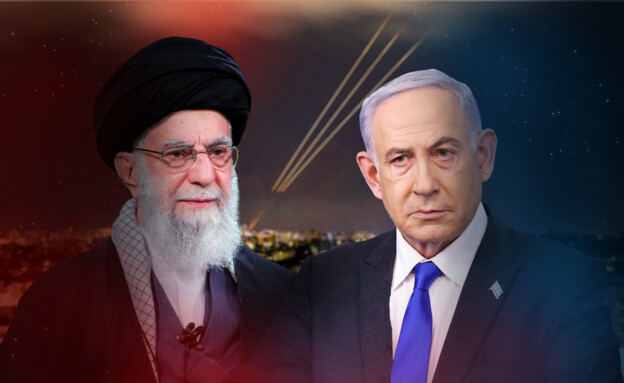“Israel is seriously considering how it will respond to the missile attack from Iran,” Burns said at the National Security Conference in Georgia, refusing to estimate what Israel’s response to Iran would look like. “I think we are all aware of the consequences of certain attacks on the global energy market and the global economy,” he hinted. “The risk of escalation is a miscalculation of the situation. The one who continues to make the decisions in Iran is Supreme Leader Khamenei.”
Against the backdrop of the escalation between Israel and Iran and the wait in Iran for an Israeli response to last week’s missile attack, explosions were reported tonight in the Isfahan area of Iran. However, Iranian media denied the claims: “There was no violation of the airspace by the enemy planes.” In addition, after it was reported in recent days that the commander of the Quds Force in Iran, Ismail Ka’ani, has been out of touch since an attack that Israel carried out in Beirut, the cover of an Iranian newspaper stated that he is “healthy and safe”.
In the shadow of the escalation on the northern border and the Israeli ground entry into southern Lebanon, it was also reported that the US has stopped trying to push for a cease-fire between Israel and Hezbollah. According to CNN, the US fears that despite Israel’s promises of a limited operation in Lebanon, this may soon turn into an extensive and long-lasting conflict more.
